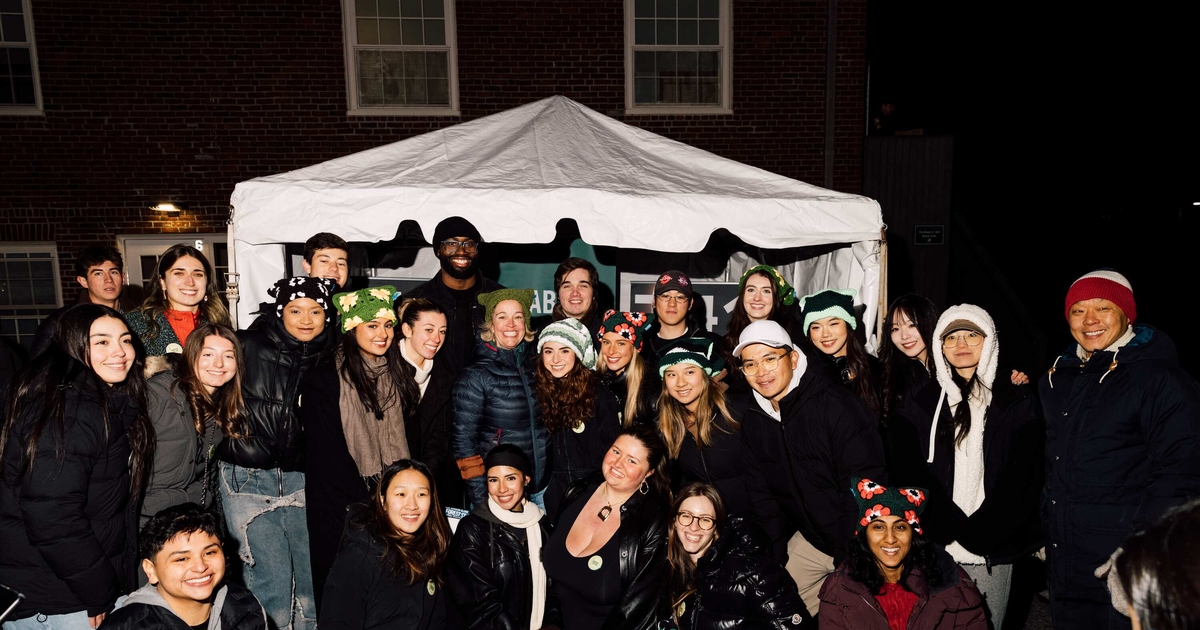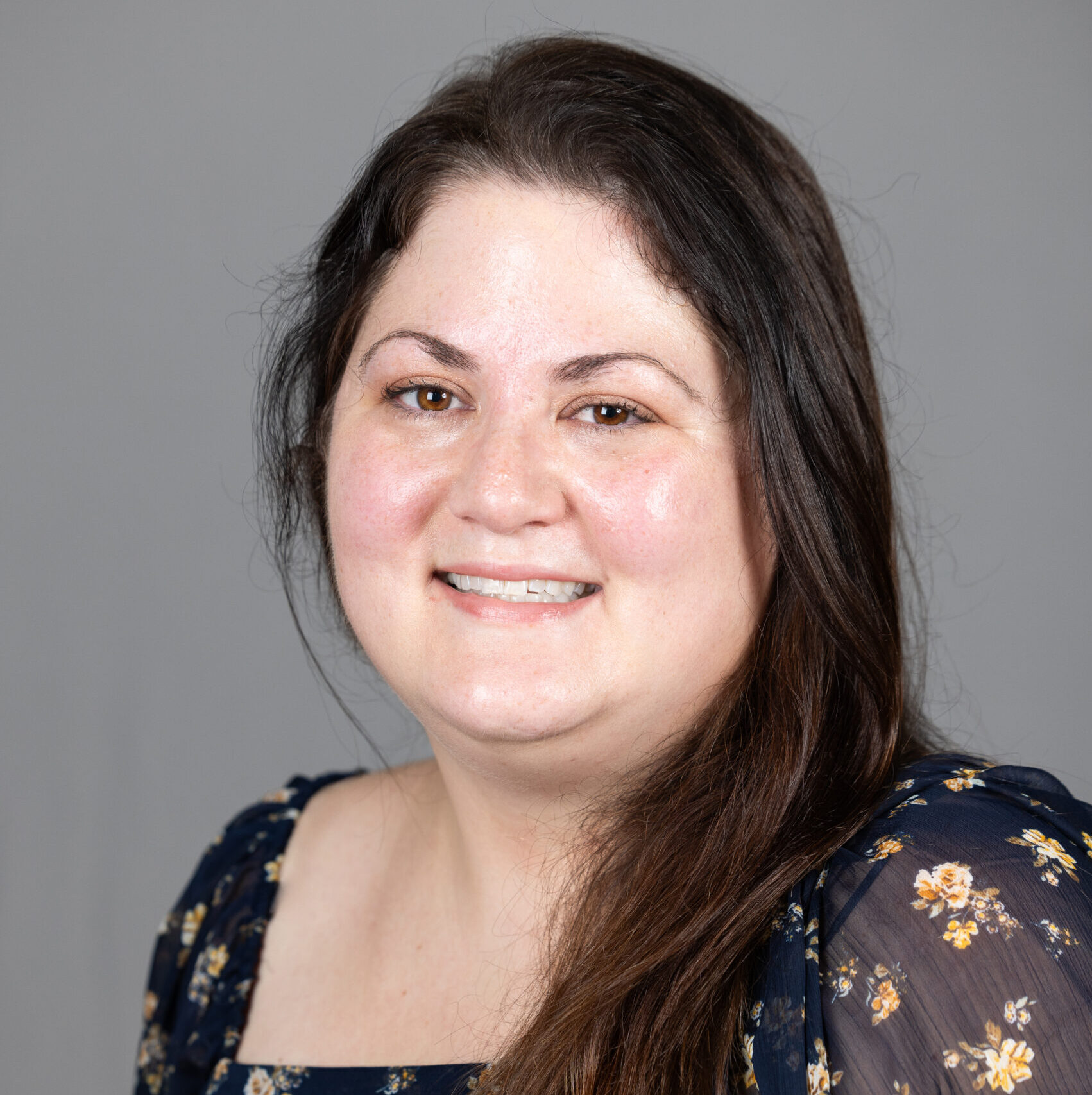Stripped Down Business School
The university is 925 years old, and until recently its hegemony on higher education was absolute. If you needed a degree, you packed your bags and moved to a campus. You paid tuition and sat in class and studied the basics before moving on to advanced courses. Recently, massive open online courses (MOOCs) from organizations with names such as Coursera, edX, and Udacity disrupted every aspect of that durable paradigm, and they have attracted as many as 160,000 students to a single course. Often, the course is offered for free (although the companies are experimenting with business models such as charging students for certification that they have passed courses).
MOOCs have the potential to change much of higher education. In fact, a recent survey of online learning conducted by the Babson Survey Research Group revealed that in the United States, more than 6.7 million students took at least one course online during the fall 2011 term. This represents an increase of more than half a million students over the previous year, and highlights the increasing trend and appetite for online course offerings. This article is the first in a series that will explore these trends and the changing higher education landscape.
What if business students arrived on campus already equipped with business fundamentals—the subjects of large review classes such as basic accounting, financial modeling, and marketing? How might business colleges, stripped of the need to provide everyone with a baseline of skills, still attract business-minded students?
Babson College President Emeritus Leonard A. Schlesinger believes this wave of innovation will do much more than substitute online instruction for face-to-face teaching. He believes that MOOCs challenge both the delivery of skills and the organizing structure supporting that delivery.
“There’s no question that we’re moving away from the concept of the credit hour and time sitting in front of a faculty member,” comments Schlesinger. “We’re moving toward the concept of demonstrating mastery over a given set of content regardless of how that mastery was gained, whether through an online course or a set of life experiences or a prior job or self-taught.”
Schlesinger cites the model of Southern New Hampshire University, a community college with a two-year degree program “that is entirely focused on checking off the box around mastery of 127 items that have been identified by employers in the community as evidence of capabilities.” The university doesn’t care where you learned certain items; they can teach all 127 if you have none. If you show up having mastered 64 of the capabilities, they’ll teach you the other 63.
That’s one model of efficiency in public higher education, which has undergone deep budget cuts as government funding declines. It’s tailored toward the vocational mission of community colleges. Beyond employable skills, however, aren’t colleges supposed to endow students with more abstract abilities?
Leaders of liberal arts colleges traditionally cite their ability to teach skills such as critical thinking, structured argument, and discrimination among information sources, as validation of their methods. Other than learning how to learn, however, what practical skills do campus environments offer that can’t be duplicated more efficiently online?
Schlesinger comments that while business instruction is an asset in attracting career-minded students, business education has to provide an experiential focus that is different from MOOCs.
He says, “Babson College needs to demonstrate a unique value proposition that is likely not to be demonstrated technologically for a while: the notion that, while a person has about 168 hours a week, only 14 of them are spent in class. How are we intentional about the structure of the living and learning environment that dedicates the other 154 hours to learning? How are those hours focused on finding and making opportunities to create economic and social value, i.e., to create our entrepreneurial leaders?
“In many institutions, the residential experience gets very little attention from high-profile people. At Babson College, place is as important to the education as what’s going on in the classroom. Whether it be healthy living or E-tower or other interests; whether it’s engaging in all of the systematic activities on campus; whether it’s running a forum, student government; all of these and more are linked to opportunities to take effective action, get feedback, and then improve an idea.”
If efficiency means producing maximum output from limited capacity, then the limited capacity of the student is that 168 hours per week. Information and skills that MOOCS provide will continue to move online. On a campus, the remaining hours must be dedicated to nurturing those qualities that are learned through experience, qualities such as capturing an inspiration, gaining insight, and adapting an idea with others. By their efficiency, MOOCs are directing campus-based learning less toward information and more toward wisdom.
Posted in Entrepreneurial Leadership





